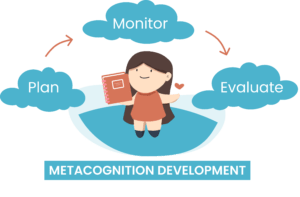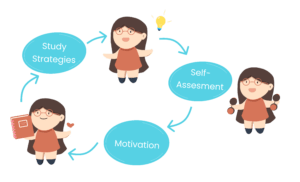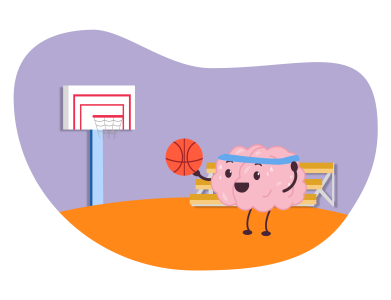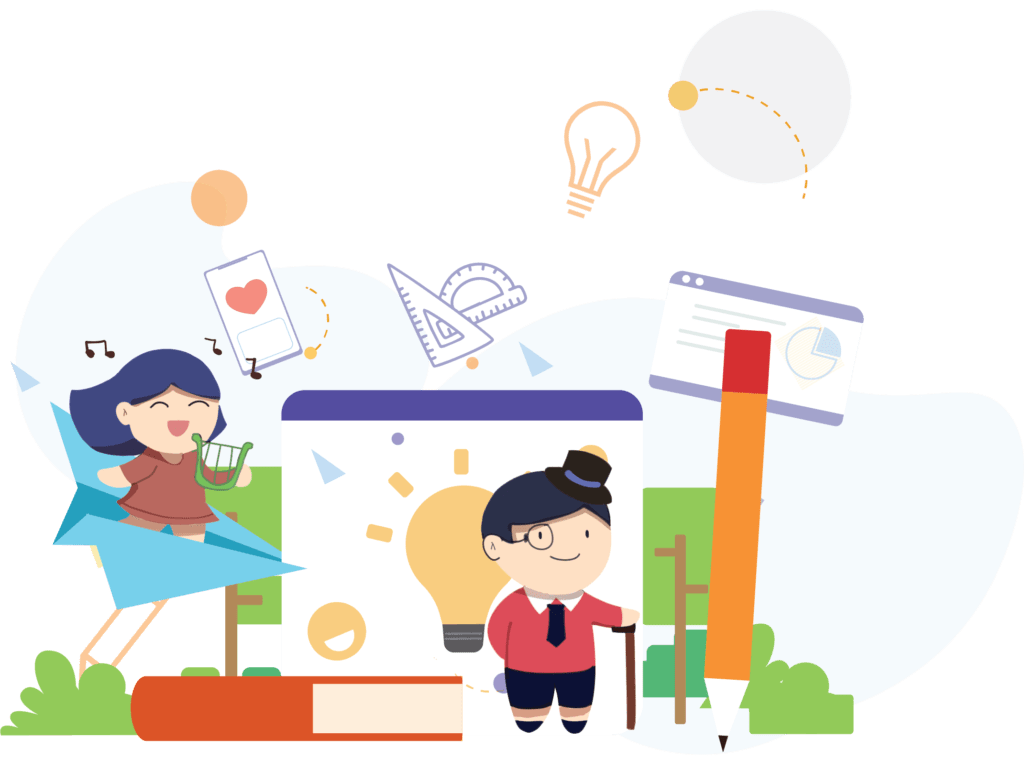
- GRIP Learning's Team
There is no better time than now, while they are still malleable, to instill in them the value of leadership skills.
The term “metacognition” refers to the act of reflecting on one’s own cognitive processes. It’s the method of organizing, assessing, and evaluating students’ progress toward goals. An essential component of this is helping students reflect on the tactics they use, whether or not they are effective in achieving their goals. Students who engage in metacognitive activities have a realistic understanding of their own abilities and limitations as students, writers, readers, examinees, group members, etc.
By learning more about themselves, they can improve their ability to learn and do well in all parts of their lives, such as school, work, and personal relationships.
It’s becoming increasingly important that students learn to think critically about their own learning processes.
Students with the metacognitive skill to reflect on their own thought processes have a greater potential for advanced reasoning.
To succeed, students need to do more than just memorize facts; they must also be able to apply and generalize what they have learned.
When children are empowered with the ability to reflect on and improve their own learning processes, they become more than just intellectually strong; they are better able to deal with challenging situations in school and in life.
It’s also beneficial for students with learning disabilities. If a child has attention deficit hyperactivity disorder (ADHD) or dyslexia and is having trouble with their own learning, metacognitive thinking can help them move beyond simple reflection and into a place where they can identify the source of their difficulties and work to solve them.
1. Pre-assessments – Examine what the students already know about a certain topic and consider how prior knowledge might be applied to the current task.
2. The Muddiest Point – Offer Exercises to Help Students Recognize Confusions (writing activities wherein they can think of what is the most confusing about the topic discussed)
3. Retrospective Post-assessments – Motivating students to reflect on how their understanding of a subject has developed through time and in response to new information.
4. Reflective Journals – Provide a forum where students can reflect on their own thought processes. Is there anything they did wrong or could have done differently to improve things?

Let students to Struggle – Allowing students to experience failure or struggle is essential for developing their metacognitive skills. Any time a student shows signs of conceptual confusion, they should be given time to formulate their own ideas. In this way, they will learn how their thinking process works.
Allow students to reflect on their learning – Students can develop metacognitive abilities by being encouraged to reflect on their own thought processes and how they have changed over time. Give them a writing assignment or journal that allows them to examine their own thinking processes.
Keep a Daily Journal – Students can improve their metacognitive skills and understanding of how they think by writing down what they do and what they think about every day in a journal.
According to the study by Ku, K.Y.L. & Ho, I.T. (2010) results showed that good critical thinkers were shown to engage in more metacognitive processes, such as strategic planning and evaluation. Listed below are strategies to help you develop cognitive skills:

Learning about metacognition helps students learn more effectively and gives them the tools they need to become more self-reliant. A person with metacognitive skills is aware of their own learning goals and strategies.
Ku, K. Y. L., & Ho, I. T. (2010). Metacognitive strategies that enhance critical thinking. American Psychological Association. Retrieved September 22, 2022, from https://psycnet.apa.org/record/2010-24581-002




